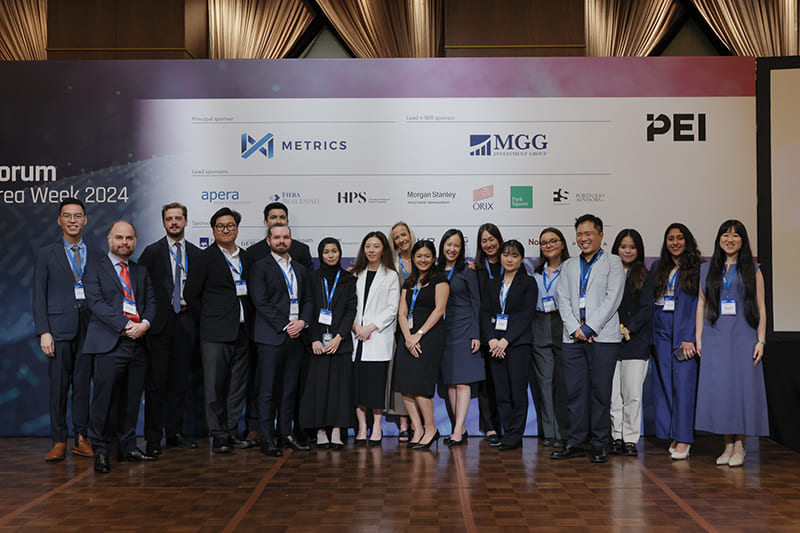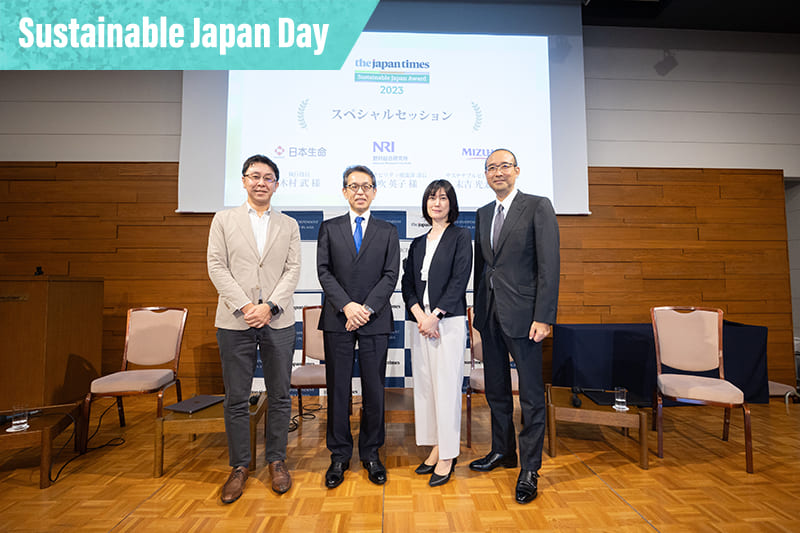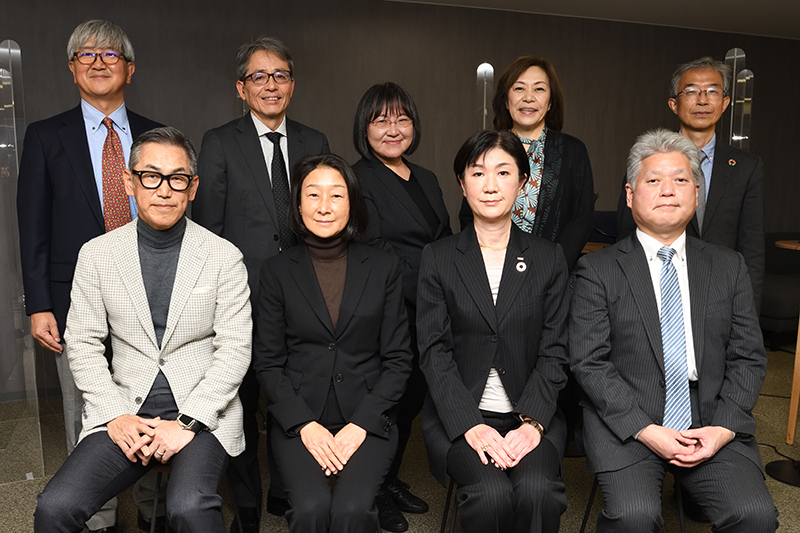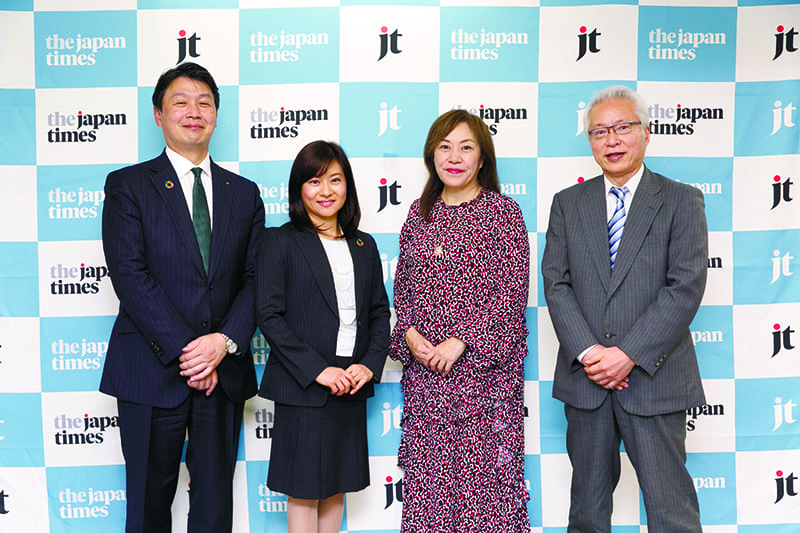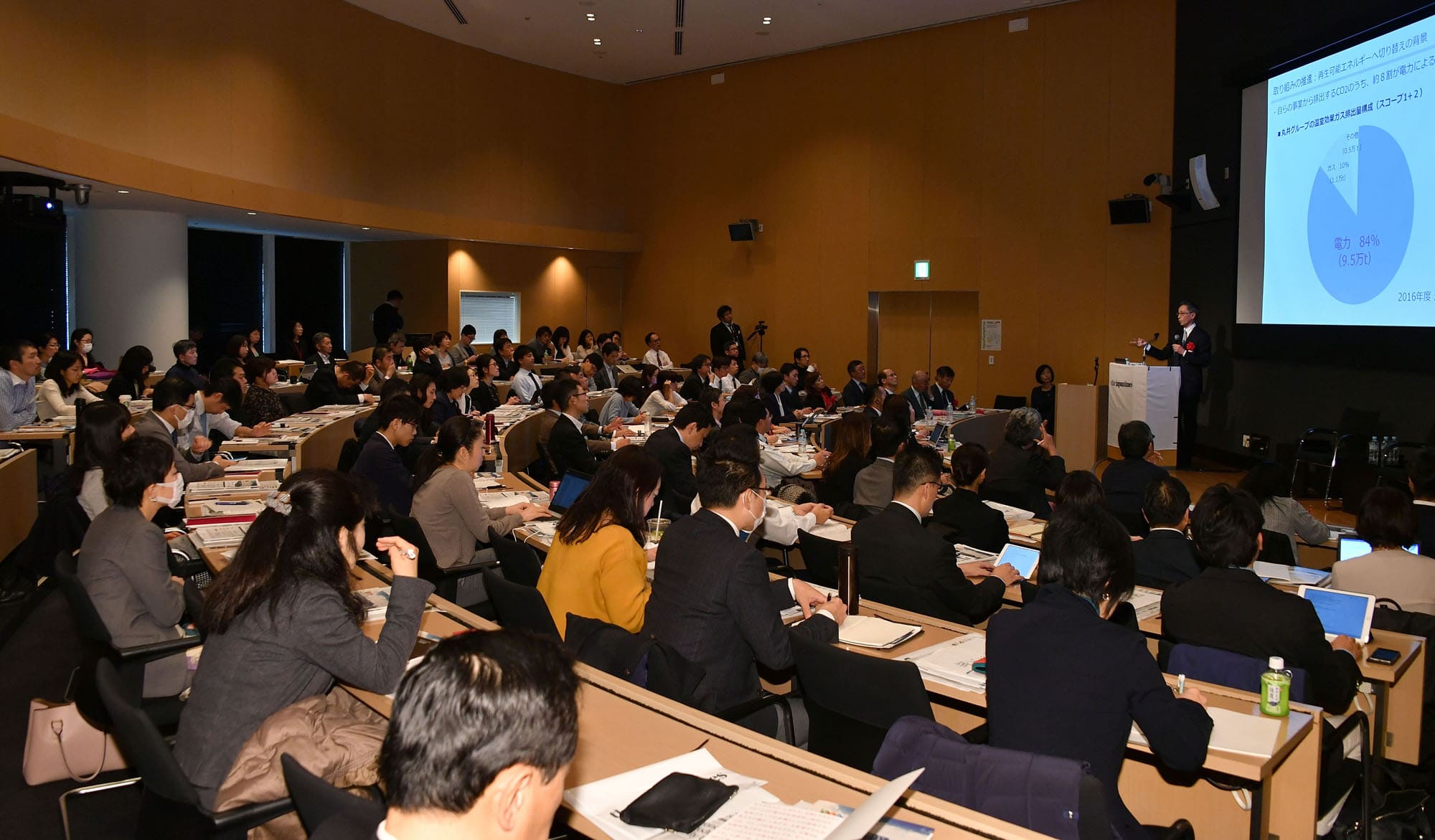June 17, 2020
Re-evaluating the social aspects of ESG investment

The coronavirus outbreak has taken a huge economic toll around the world, and some market experts have expressed fear that it may harm ESG (environment, social and governance) investment, which has focused on long-term sustainable corporate strategies rather than short-term profits.
But this has not been true so far. While COVID-19 has forced many people to rethink the way people work, travel, shop and live, it has also prompted many investors to reconsider what really matters for businesses to enable sustainable growth and shed new light on the “S” in ESG.
In recent years, ESG investment has focused mainly on environment and governance, rather than social aspects due to global warming. However, the pandemic seems to have pushed asset owners and managers to pay more attention to how companies value their employees, suppliers and communities.
“Employees are an important asset of companies. Future growth of firms will be hugely influenced by what kind of employees they have,” Michiyo Morisawa, Japan head of Principles for Responsible Investment (PRI) and director of CDP (formerly the Carbon Disclosure Project) Japan, said in an interview. “At shareholders meetings this year, those with a long-term view have already started to request corporate leaders to spend their financial resources on keeping employees rather than short-term investment.”
Founded in 2006, London-based PRI helps investors engage in the concept of responsible investment, which urges them to consider factors related to ESG in their investment decisions. CDP, meanwhile, is a nonprofit organization that runs a global disclosure system for investors, companies and various municipal governments to measure and manage their risks and opportunities on climate change, water security and deforestation.
Morisawa said talented workers who can create value will change the future course of the company, and in the fluid global job market, whether companies can offer sufficient training programs and an attractive work environment will be key in keeping a talented workforce.
In the wake of the COVID-19 crisis, the world’s leading market players are also renewing their commitment on long-term views in assessing corporate values.
“I believe long-term thinking has never been more critical than it is today,” said Larry Fink, chief executive of the world’s biggest asset manager BlackRock Inc., in a letter to shareholders on March 29. “Companies and investors with a strong sense of purpose and a long-term approach will be better able to navigate this crisis and its aftermath.”
ESG investment has started to pick up its pace after Japan’s Government Pension Investment Fund, the world’s largest pension fund, became a signatory to the United Nations Principles for Responsible Investment in 2015. The number of financial institutions and companies that signed the PRI has grown to over 3,000.
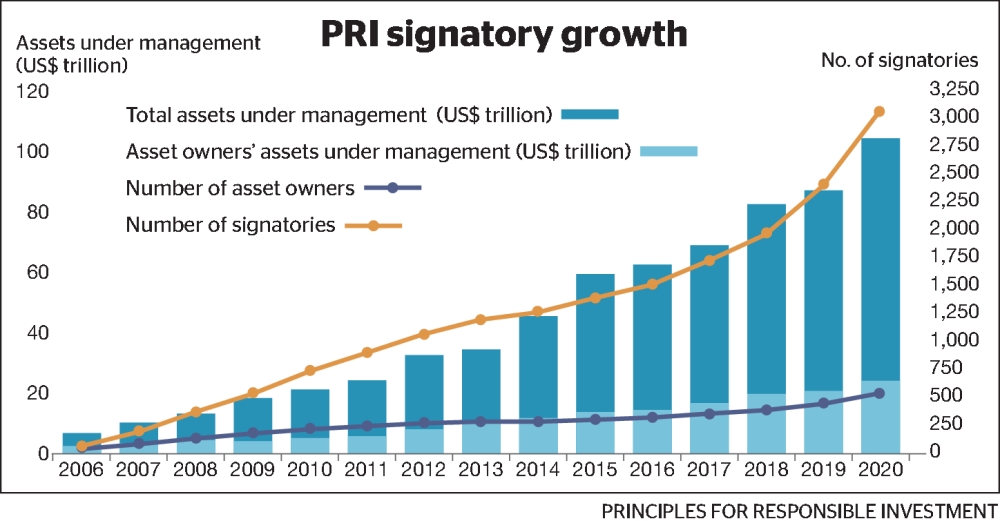
Morisawa, who also serves as chairman of the Japan Times ESG Consortium, said ESG information is considered nonfinancial information, but it is increasingly becoming a crucial component in making investment decisions. Financial information shows business results of a company, but ESG information indicates a corporation’s business outlook and its potential for growth, she said.
“If corporate governance is weak in a company, there is high probability that it may face trouble in the future. If companies are conducting business by coping with various restrictions and regulations on climate change, not only they can hedge future risks, but they may also be able to seize business opportunities,” Morisawa said.
According to a 2018 sustainable investment review released by the Global Sustainable Investment Alliance, sustainable investing assets in Europe, the U.S., Japan, Canada, Australia and New Zealand were $30.7 trillion at the beginning of 2018, a 34 percent jump since 2016.
The report also found that responsible investing represents 18 percent of professionally managed assets in Japan. While the percentage is not as large as other countries, such as Australia, it has grown at the fastest pace among all markets, with its sustainable investing assets having quadrupled from 3 percent in 2016 to 18 percent in 2018.
But Morisawa believes Japan’s asset owners should take stronger initiatives in leading ESG investment.
“Asset owners in Europe have bold investment policies based on long-term views and urge asset managers to shift their funds to ESG investment. If Japan’s asset owners strongly support investment with a long-term view, it will almost certainly accelerate Japan’s ESG investment,” she said.
Making a commitment to ESG also matters to firms that are part of the global supply chain. For instance, Apple Inc. joined the global renewable energy initiative RE100 in 2016 and has been requiring its parts suppliers to commit to 100 percent renewable energy in manufacturing their products.
“If Japanese companies fail to show their strong commitment to ESG, they might lose business opportunities in the global market,” she said.
She stressed now is the time for corporate leaders to determine their companies’ core value and make new strategies accordingly.
“It’s often said that ‘selection and concentration’ is important when the economy isn’t good. It is time for companies to determine which part of their business will grow in the coming years and what their core business is,” she said.

